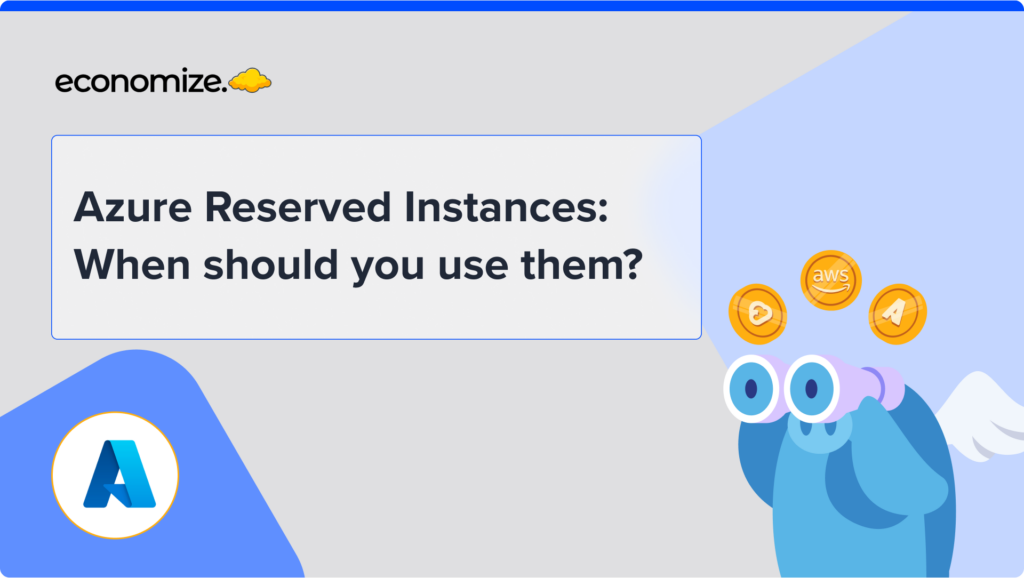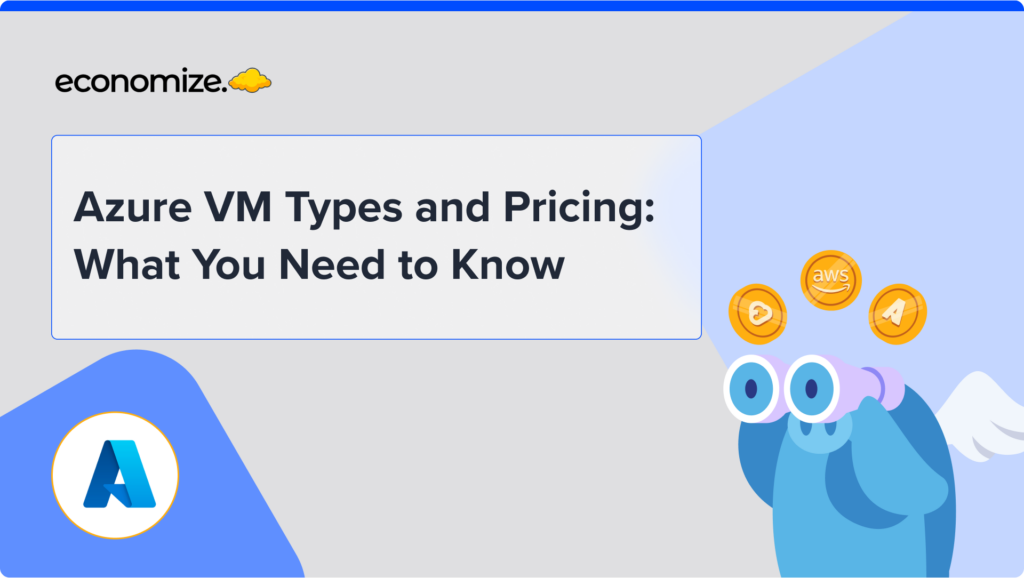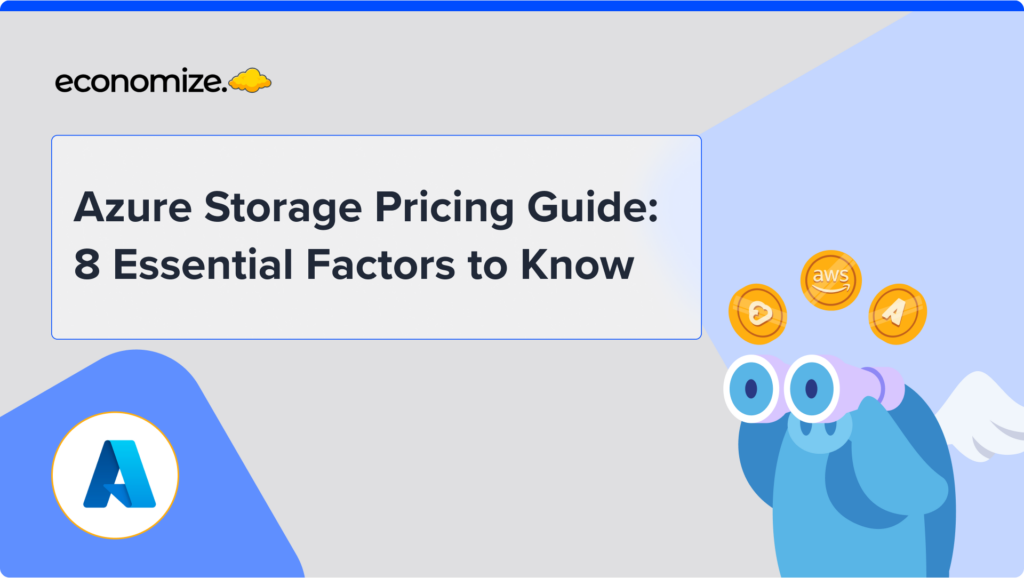In today’s digital age, where speed and accessibility are the prime factors of website performance, content delivery plays a crucial role in ensuring optimal user experiences. Azure CDN is a dynamic content delivery network (CDN) with a distributed network of servers, which helps you elevate your content delivery strategy.
What is Azure Content Delivery Network (CDN)
Azure Content Delivery Network, is a globally distributed network with strategically placed servers that effectively delivers web content to users based on their geographical location. With Microsoft’s robust infrastructure, Azure CDN accelerates the delivery of static and dynamic web content, including images, videos, scripts, etc which improves website performance and reliability. It significantly reduces the physical distance that data needs to travel, which enables faster load time and improved responsiveness.
How does Azure CDN work?
Azure CDN optimizes your content delivery through strategically positioned edge servers around the world. When a user accesses a website utilizing Azure CDN, its intelligent routing algorithms analyze the user’s location and swiftly direct the request to the edge server closest to the user. The proximity of the user minimizes the distance the data needs to travel, thereby reducing latency and enhancing the overall loading speed of the content.

Azure CDN employs advanced caching mechanisms, to store frequently accessed content at these edge servers in point-of-presence (POP) locations, closer to the user. Thus, subsequent requests for the same content can be fulfilled directly from the cache, further expediting content delivery and reducing the strain on origin servers.
In case of traffic fluctuations, Azure CDN dynamically scales its resources, ensuring optimal performance during peak demands. This dynamic scalability ensures that users consistently experience fast and reliable content delivery regardless of variations in traffic volume.
Key features of Azure CDN
Dynamic Site Acceleration: Content caching is not possible for dynamic websites, that deal with real-time data. Dynamic Site Accelerator (DSA) is a technique that optimizes the network path between the server and the end user. DSA does not cache the dynamic content but finds the optimal and most reliable route for data transfer between the server and the end user.
CDN caching rules: The caching rules provide a set of instructions that dictates which content gets cached on the CDN’s edge location and for how long. Azure CDN offers two types of caching rules: Global and custom.
The global caching rule applies to all endpoints in the CDN network which can potentially override HTTP cache-directive headers. The custom caching rules are used to gain more control over your caching behavior based on specific criteria such as URL path or file extension etc.
HTTPS custom domain support: Azure CDN allows users to access your custom domain over HTTPS. Enabling HTTPS on your custom domain ensures that the data is encrypted and transferred securely via TLS/SSL protocol. Azure offers CDN-managed certificates which enables complete provisioning and renewal of your TLS/SSL certificates.
Azure diagnostics logs: The Azure diagnostics log provides you with a record of the core analytics and basic usage metrics of your CDN network. You can export these data in various formats into blob storage, Log Analytics workspace, or Azure Event Hub.
File Compression: File compression improves the file transfer speed and increases the page loading performance by reducing the file size before sending it from the server. It reduces the bandwidth costs and provides a more responsive user experience. You can enable file compression on the origin server or directly on the point-of-presence (POP) server.
Geo-filtering: This feature is used to customize your content based on the user’s geographical location. You can create rules on specific paths of your CDN endpoints to allow or block content in specific regions or countries. This can be useful for compliance purposes or for situations where you want to restrict content based on geographical relevance.
Azure CDN pricing tiers
Azure CDN pricing depends mainly on the amount of data transferred between the edge location and its users and the billing region. A billing region is a geographical location that determines the charge of data transfer in that location. Azure CDN pricing is based on these five billing zones.
- Zone 1: North America, Europe, Middle East, and Africa
- Zone 2: Asia Pacific (including Japan)
- Zone 3: South America
- Zone 4: Australia and New Zealand
- Zone 5: India
Apart from this, you pay for any HTTP(S) request that terminates at the CDN, which includes all response types: success, failure, or other. It may also incur other usage costs such as blob storage cost and cache transactions.
Azure CDN offers two pricing tiers: Standard and Premium tiers.
Standard Tiers
Standard outbound data transfer costs
Standard outbound data transfer costs refer to the data flowing outwards from Azure CDN’s edge servers to your website or application users. This includes static content like images, videos, JavaScript files, and anything served from the CDN. Azure CDN pricing for outbound data transfer in different Zones is as follows

Standard CDN from Microsoft (classic) Routing Rules Engine costs
The classic routing rules engine includes five rules for free including the global rule. Additional rules are charged as follows.

Standard CDN from Microsoft (classic) WAF Pricing
Azure Web Application Firewall (WAF) protects your website from common security vulnerabilities and website attacks. It is charged based on the WAF policies and rules configured. It also incurs data processing costs based on the amount of data processed by application gateways.
For example, Azure WAF with Application Gateway v1 (medium) costs around $0.126 per gateway-hour, which approximates to $91.98 per month.
Premium Tier
Premium outbound data transfer costs
The premium tier offers additional features to data transfer such as rules engine and advanced analytics which incurs additional charges. Azure CDN premium pricing for different billing zones is as follows

Acceleration Data Transfers
Azure CDN pricing for Accelerated Data transfers or Dynamic Site Acceleration is the same across both standard and premium tiers. While traditional CDN for static object delivery primarily uses a caching mechanism to improve website performance, DSA focuses on optimizing the network path between the content source (dynamic content) and the end user. The pricing details are as follows:

Conclusion
In essence, Microsoft Azure CND offers diverse features catering to a variety of business needs. By understanding these features and its tiered pricing structure based on data transfer volume and geographic zones, businesses can optimize costs and ensure efficiency in content delivery.
For businesses primarily concerned with static content delivery, the Standard tier provides a cost-effective solution with strong performance. However, for organizations requiring advanced features like origin shielding and advanced real-time analytics, the Premium tier offers a compelling set of functionalities.
Related Articles:
Azure Functions vs Logic Apps: Comparison and Use Cases
Azure Spot VMs: Pricing & 5 Tips for an Optimized Workload
Looking to optimize your cloud costs?
Are your cloud bills soaring high? Don’t let cloud costs weigh you down anymore. With Economize, you can slash your cloud expenditures by up to 30% effortlessly. Book a free demo with us today and discover how we can help you start saving in as little as 10 minutes.








